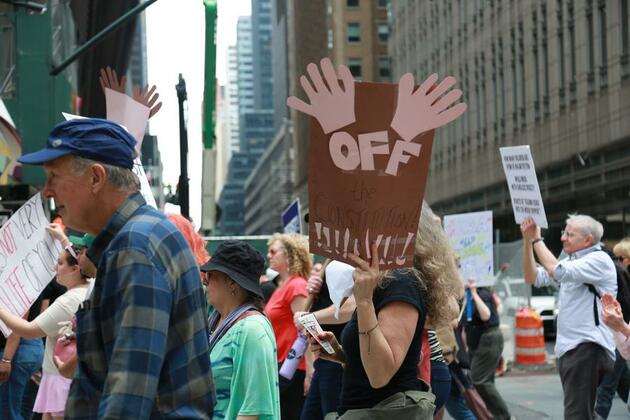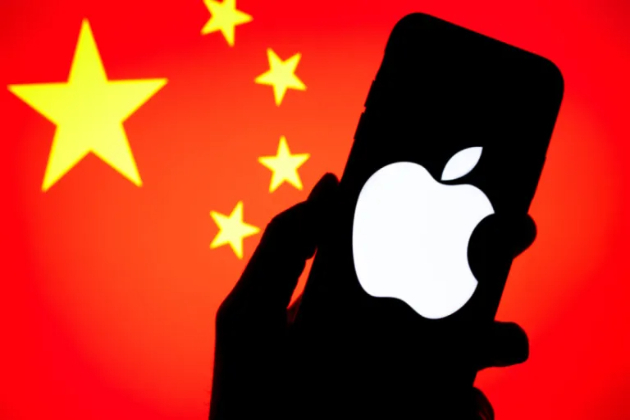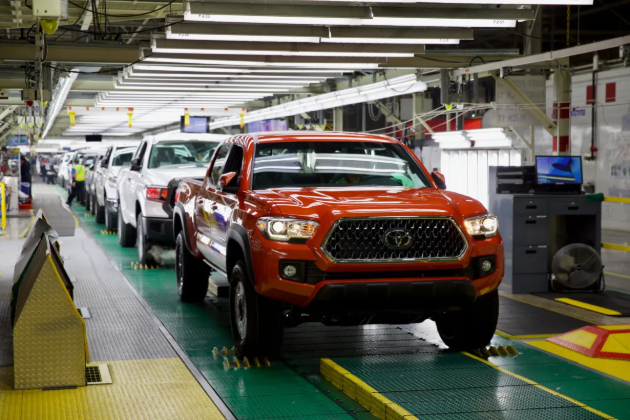Column: The Global South must speak as one against "reciprocal tariffs"
Xinhua
22 Apr 2025, 18:45 GMT+10

The current tariff crisis is a wake-up call -- unite or perish. It presents itself as not only a challenge, but also an opportunity for a unified Global South response.
by Mohammed Saqib
U.S. President Donald Trump's recent sweeping tariff agenda represents perhaps the most aggressive trade policy initiative in modern history. It is another sign of U.S. arrogance and unilateralism that has sent shockwaves across global markets. The staggering tariffs on U.S. imports threaten a trade disruption, destabilizing the global economy. These measures will likely damage supply chains, cause inflation, lead to global market volatility, and disproportionately harm the Global South members.
The current tariff crisis is a wake-up call -- unite or perish. It presents itself as not only a challenge, but also an opportunity for a unified Global South response, one that amplifies the voice and influence of developing nations in shaping international economic governance.
China faces punitive tariffs of up to a bizarre 245 percent, while India, though in a comparatively low position at 26 percent (currently on a 90-day hold), is in a precarious state between strategic autonomy and economic pragmatism.
The United States may label India "tariff king" for its trade practices, but it hypocritically imposes tariff burdens on nearly all its trade partners, regardless of their development status. This approach seems to be a strategy to reestablish unilateral U.S. dominance in global trade governance, in the guise of efforts to address trade deficits or protect American jobs.
The announced tariff on global imports shifts from targeted pressure to aggressive economic nationalism. Countries in the Global South, intricately linked to Chinese manufacturing networks, are bracing for a significant fallout.
Amid this economic chaos, the White House is using intimidation tactics. Policies are announced, held and withdrawn by the hour. Some nations are being tempted by offers of preferential market access from the United States in exchange for reducing their economic ties with China. However, countries should look at historical examples that strongly advise against falling into the trap of opportunism.
Negotiating individual deals with the United States may falsely suggest secure national interests but actually weaken collective bargaining power. Bilateral agreements offer neither security nor sustainability in a system that allows unilateral changes to rules. Global South members must understand that such deals can undermine their collective negotiating strength.
India and China, the fastest-growing large economies with a combined GDP of more than 22 trillion U.S. dollars and nearly 35 percent of the global manufacturing capacity, possess significant economic leverage. Their collaboration can potentially create substantial benefits for both themselves and the broader developing world.
By working together, the two countries can establish vital market access reciprocity, develop an alternative financial framework, harmonize technical standards and coordinate resources effectively for the Global South. This constructive partnership can pave the way for more equitable global economic governance. Moreover, accelerating de-dollarization and strengthening frameworks like the BRICS and New Development Bank could enhance their financial autonomy.
While India-China coordination is essential for an effective response, the broader Global South must be engaged. The Bandung Conference in 1955 and the WTO Bali Ministerial Conference in 2013 demonstrated the potential for South-South cooperation.
Developing nations can counter U.S. economic coercion and amplify their influence in international economic governance with solidarity, and India-China coordination is crucial. When these giants speak as one, the world will indeed listen.
Editor's note: Mohammed Saqib is the founder and secretary general of India China Economic and Cultural Council, a think tank on India-China's economic and cultural issues.
The views expressed in this article are those of the author and do not necessarily reflect those of Xinhua News Agency.
 Share
Share
 Tweet
Tweet
 Share
Share
 Flip
Flip
 Email
Email
Watch latest videos
Subscribe and Follow
Get a daily dose of New York Telegraph news through our daily email, its complimentary and keeps you fully up to date with world and business news as well.
News RELEASES
Publish news of your business, community or sports group, personnel appointments, major event and more by submitting a news release to New York Telegraph.
More InformationBusiness
SectionApple's smartphone sales in China drop 9% in Q1 2025
BEIJING, China: Apple's grip on China's smartphone market continued to weaken in the first quarter of 2025, with the U.S. tech giant...
US may block DeepSeek over tech transfer concerns
WASHINGTON, D.C.: U.S. officials are considering new measures to block China's DeepSeek from acquiring American technology, according...
Toyota may build next-gen RAV4 SUVs in US
TOKYO, Japan: Toyota is weighing plans to build the next-generation RAV4 SUV in the United States, according to three people familiar...
Ford recalls over 148,000 vehicles in two safety campaigns
WASHINGTON, D.C.: Ford is recalling more than 148,000 vehicles across two safety campaigns, according to a notice issued by the National...
Archer Aviation teams up with United for NYC air-taxi service
NEW YORK CITY, New York: Archer Aviation has announced plans to start an air-taxi service in New York City, working with United Airlines....
Taiwan’s TSMC beats forecasts with strong q1 earnings
TAIPEI, Taiwan: Taiwan's TSMC reported stronger-than-expected first-quarter earnings on Thursday, driven by booming demand for AI-related...
New York
SectionEx NYC police officer sentenced for illegal work tied to China
NEW YORK CITY, New York: A former New York City police sergeant, Michael McMahon, was sentenced this week to 1.5 years in prison. He...
Archer Aviation teams up with United for NYC air-taxi service
NEW YORK CITY, New York: Archer Aviation has announced plans to start an air-taxi service in New York City, working with United Airlines....
U.S. halts Equinor's Empire Wind Project over environmental concerns
WASHINGTON, D.C.: U.S. Interior Secretary Doug Burgum has ordered a stop to construction of Equinor's Empire Wind project off New York's...
Goldman Sachs sees oil prices sliding through 2026
New York City: New York: Goldman Sachs has signaled a prolonged downturn in oil prices, forecasting a steady decline through the end...
NY tour helicopter firm shuts down after deadly crash
NEW YORK CITY, New York: The helicopter tour company involved in a recent crash that killed a pilot and a visiting family from Spain...
Column: The Global South must speak as one against "reciprocal tariffs"
Demonstrators participate in a rally and march in protest of the Donald Trump administration's policies in New York City, the United...











